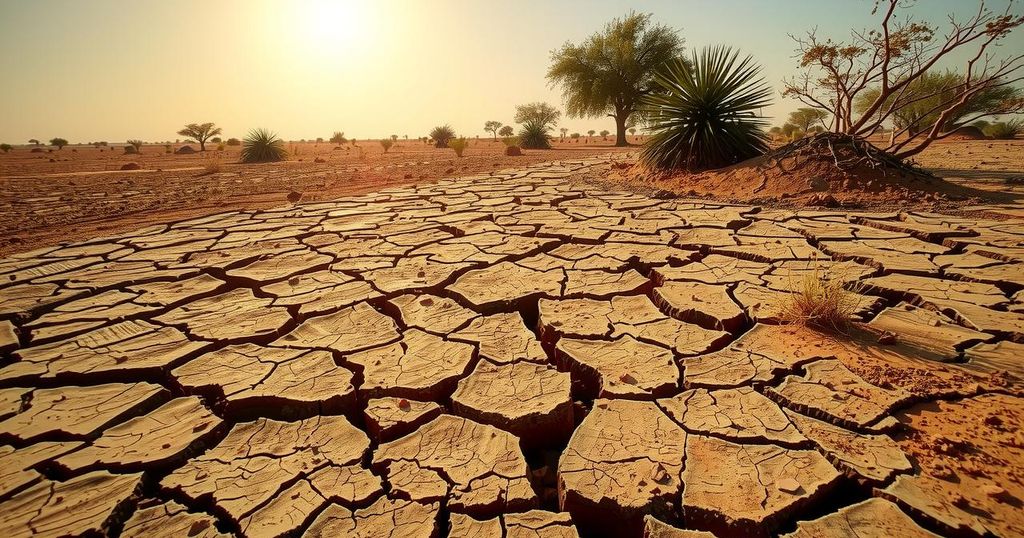The Disproportionate Impact of Extreme Heat on Women and Girls in South Sudan
Extreme heat in South Sudan disproportionately impacts women and girls, contributing to significant health and economic challenges. The situation is exacerbated by inadequate infrastructure, leading to school closures and heightened vulnerabilities. Collaborative scientific efforts aim to understand climate change’s role in this crisis, emphasizing the necessity for targeted adaptation strategies.
In South Sudan, the adverse effects of extreme heat, particularly regarding women and girls, are increasingly prominent. Since mid-February, soaring daytime temperatures have posed serious risks, especially to individuals living in inadequate housing and those working outdoors, a significant portion of the populace. Following multiple incidents of heat-related illnesses affecting children in Juba, schools were closed for a fortnight, highlighting the challenges many face related to hydration and shelter, particularly where homes often consist of iron roofs without cooling or electricity.
The extreme heat in South Sudan exacerbates existing inequalities, particularly among women and girls, affecting their health, education, and economic opportunities. Adaptation strategies must be holistic, accounting for gender and conflict variables to effectively mitigate these risks. Coordinated efforts to improve access to water, enhance educational structures, and support women in agriculture and informal employment can significantly bolster community resilience against ongoing climatic threats.
Original Source: www.worldweatherattribution.org




Post Comment